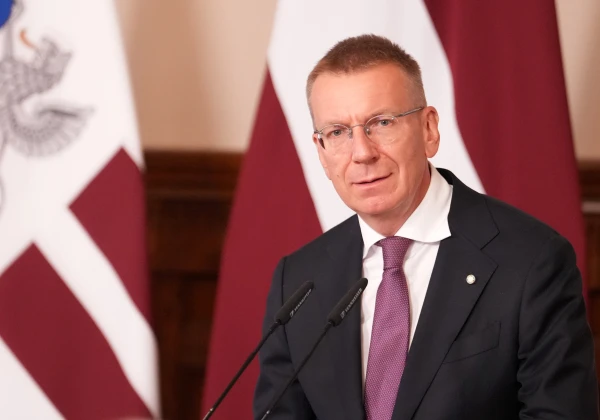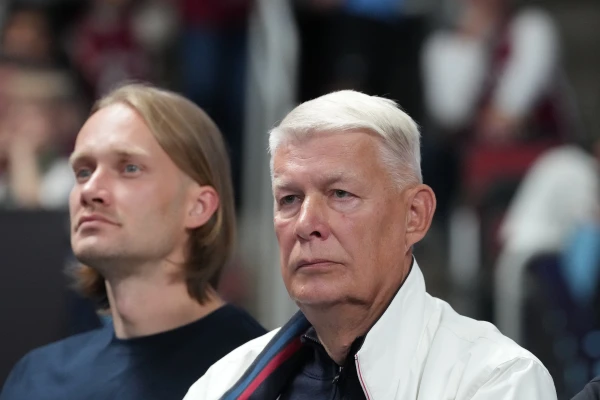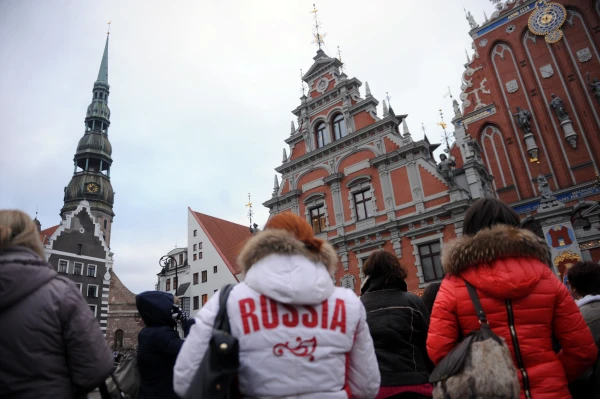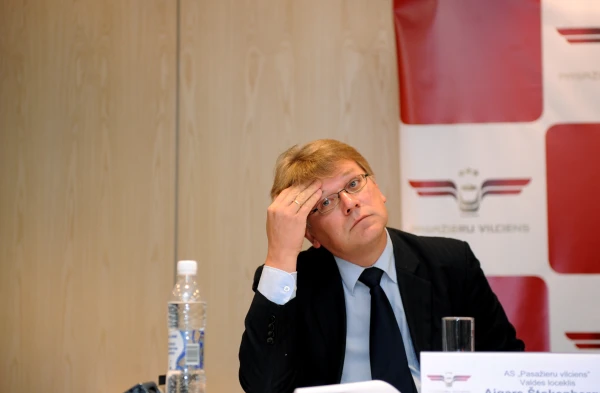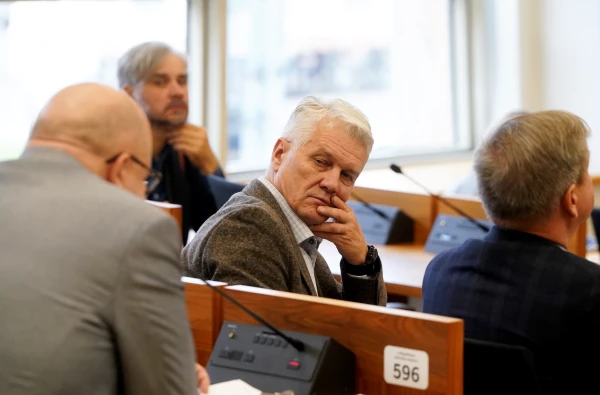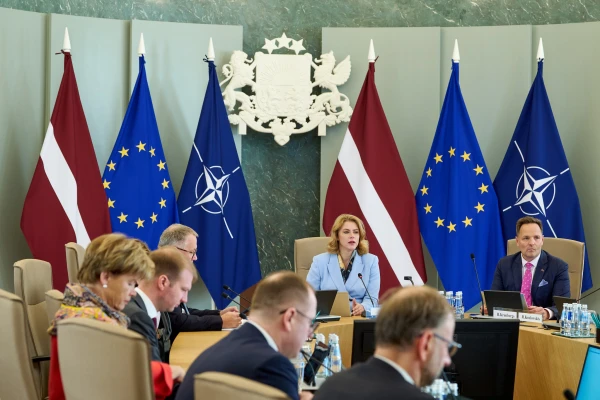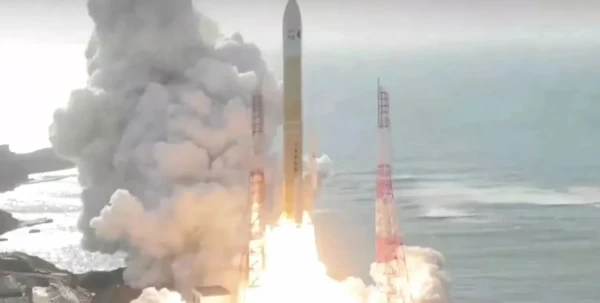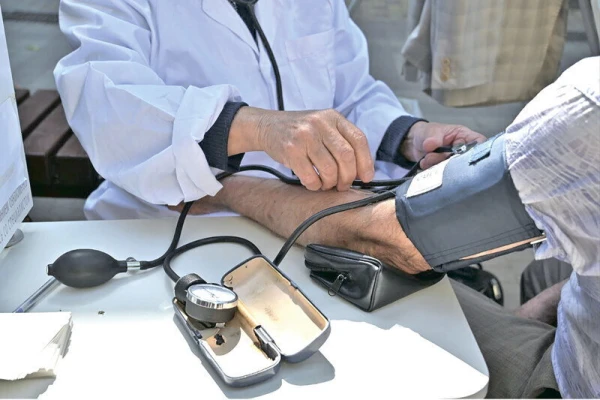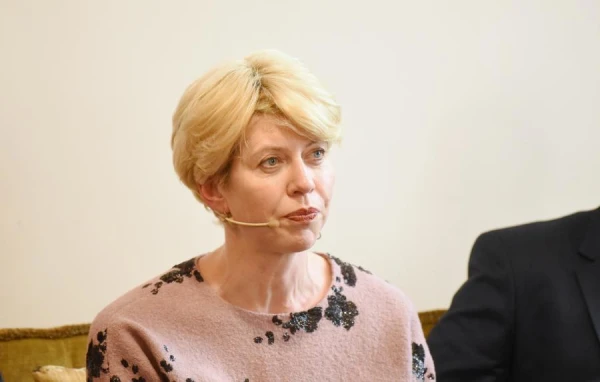
The most important point of the draft state budget for next year is financial stability, said the chair of the Saeima's budget and finance (tax) committee, Anda Čakša (New Unity), in an interview for the Latvian Television program "Morning Panorama," LETA reports.
She promised that the Saeima's budget committee would carefully consider all proposals when evaluating the budget project; however, the overall budget deficit will not be increased.
According to her, support for any proposals will only be possible if it can be determined from which expenses they can be financed, that is, from which position funds can be redistributed.
"Essentially, if we are talking about savings, we would like to see the debt decrease rather than a new redistribution occurring. Therefore, the situation is very complicated right now," Čakša acknowledged, emphasizing that there are not enough funds for all needs, and "this is perhaps something we should talk about more."
Čakša believes that the Saeima will still manage to adopt the state budget for 2026, although it will not be easy. The deputy noted that coalition partners should argue less and focus more on important issues, including promoting economic growth. In her opinion, "the coalition now needs a MOT program (international motivational program for teenagers), which says that arguing is not good, because if one shows their tongue and the other responds in kind, it leads nowhere."
As reported, the Saeima began reviewing the draft state budget for the next year and a package of accompanying bills for the medium term at an extraordinary meeting on Thursday.
On Wednesday, Saeima Speaker Daiga Mierina (SCP) received the draft state budget for 2026 from Finance Minister Arvils Ašeradens. The traditional event for handing over the budget portfolio also included the head of the budget and finance committee, Čakša.
Ašeradens called this budget "a budget for a safer future." According to him, significant work has been done to find funding to ensure security and address other important issues.
"The negotiations were difficult, but I see no reason why next year's budget should not be adopted," the minister stated.
For her part, Mierina reported that deputies will carefully assess whether it is possible to cut expenses somewhere. According to her, "deputy quotas" are not provided for and "are not hidden anywhere," however, she allowed that deputies might present their proposals, which could lead to "long and heated debates."
As in previous years, deputies will not consider the budget project at night. Mierina explained that the Saeima will work on the budget in sessions from 9 AM to 9 PM, so that the next day they can continue their work rested and "with a fresh perspective." If necessary, the budget review may continue on Saturday.
Čakša also promised journalists that the expenses of each ministry will be carefully analyzed. She explained that starting next week, representatives of ministries will be invited to the budget and finance committee to discuss next year's expenses and possibly find new ways to reduce them.
The tradition of transferring the budget portfolio from the Ministry of Finance to the Saeima began in 1997. To date, 27 state budget projects have been delivered in the portfolio, and this year it will be transferred for the 28th time. The initiator of the tradition was former Finance Minister Roberts Zīle (National Alliance), who used his personal working portfolio to deliver the budget for 1998 to the Saeima.
As previously reported, on October 14, the government approved the draft state budget for 2026, which plans consolidated budget revenues at 16.064 billion euros and expenditures at 17.945 billion euros.
Compared to the 2025 budget, in 2026, revenue growth will exceed expenditure growth: revenues will increase by 944.6 million euros, and expenditures by 804.3 million euros.
The revenues of the main budget will amount to 10.9 billion euros, and expenditures will be 13.2 billion euros. In the special budget, revenues are planned at 5.5 billion euros, and expenditures at 5.1 billion euros.
Latvia's gross domestic product is projected to be 43.953 billion euros in actual prices next year. The budget deficit will be 3.3% of GDP, and the state debt will not exceed 55% of GDP.
The total expenditures of the general government sector will decrease to 47% of GDP next year, compared to 47.5% this year. At the same time, while total expenditures decrease, defense expenditures will increase.
The total volume of expenditures next year is reduced by 171 million euros. Priority activities are allocated 693.5 million euros, of which 448.3 million euros are for defense and security needs.
The Ministry of Finance indicates that the state budget for 2026 and the medium-term budget framework for 2026–2028 have been prepared in accordance with EU fiscal rules and national fiscal discipline norms.
The budget for next year includes both additional investments in state security and support for families with children and quality education. Also, according to the Ministry of Finance, investments from EU funds amounting to more than one billion euros and an increase in local government revenues by 151.4 million euros are included in the budget.

